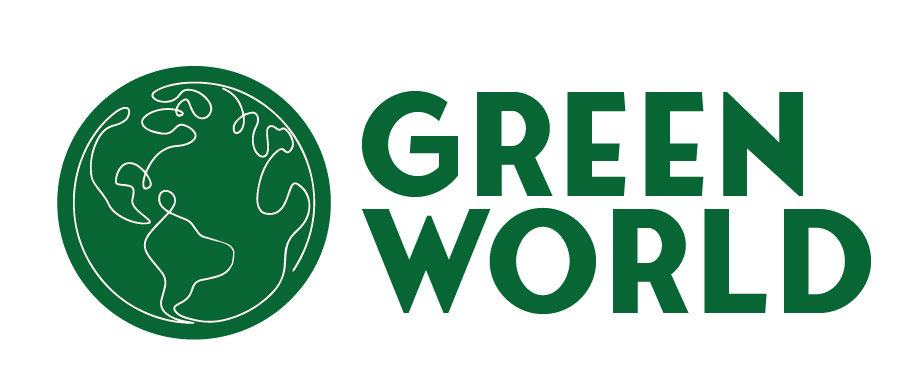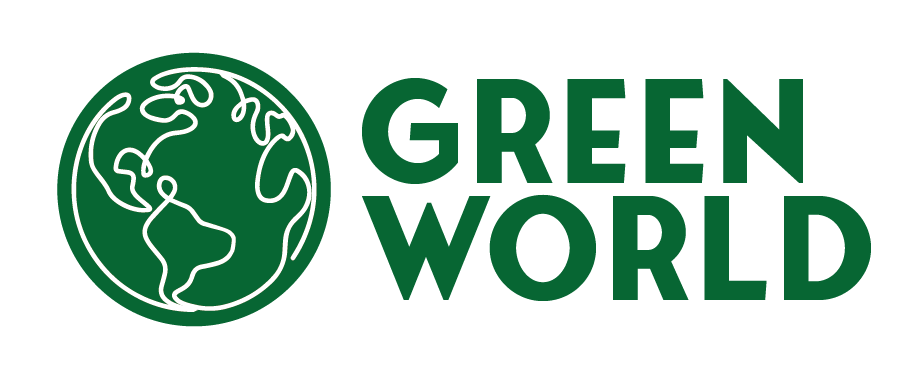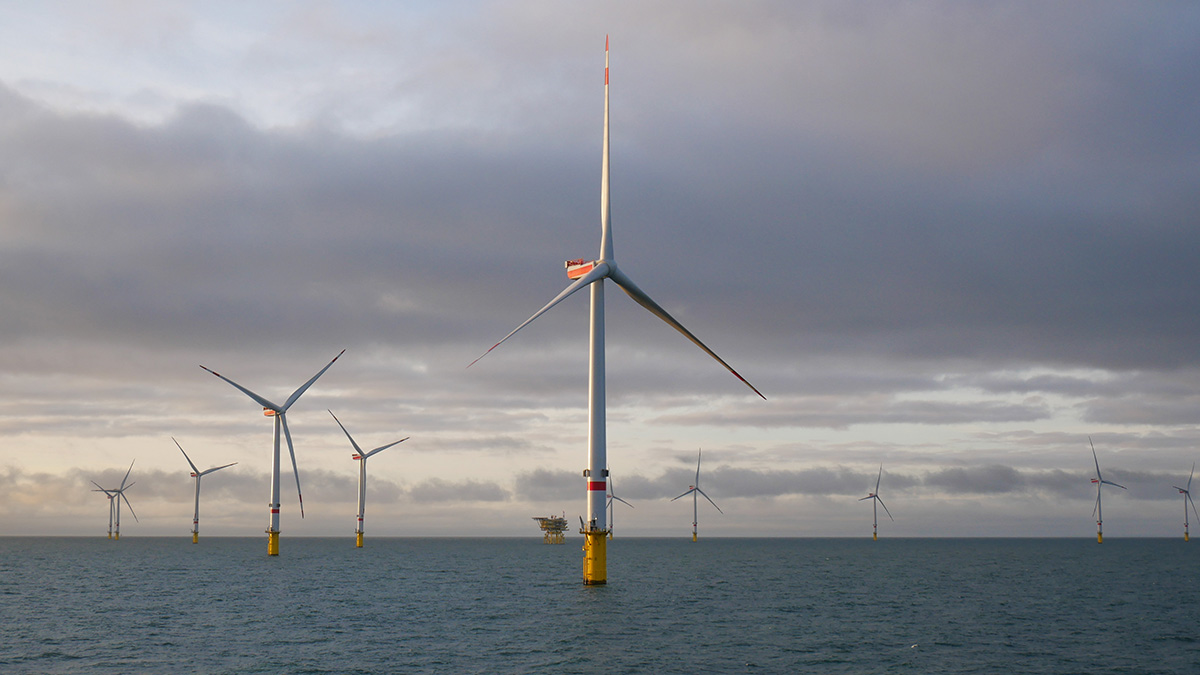The German Ministry of Economy and Energy (BMWK) has introduced a five-point Action Plan to address significant challenges facing the European and German wind energy supply chain. This plan emphasizes the need to rectify unfair competition between European wind energy suppliers and their global counterparts, while also addressing data and cybersecurity risks posed by non-European wind turbines.
Europe’s Ambitious Wind Energy Targets
The EU has set ambitious goals to expand wind energy capacity, aiming to increase from the current 220 GW to 425 GW by 2030, and 1,300 GW by 2050. While most wind turbines in Europe today are produced by European manufacturers and assembled locally, there is growing concern that this expansion could be dominated by Chinese manufacturers. Chinese companies have already begun securing contracts in Europe, prompting Germany to take action through this plan.
Germany Recognizes Unfair Competition
The BMWK acknowledges that European wind and solar manufacturers face unfair competition from international companies, particularly Chinese firms. The ministry stresses the importance of restoring fair competition to protect Germany’s and Europe’s wind energy industries.
This comes in light of the European Commission’s investigation, launched in April 2024 under the EU Foreign Subsidies Regulation (FSR), into Chinese wind turbine suppliers. The BMWK calls for the EU to fully utilize trade defense mechanisms, such as anti-subsidy and anti-dumping measures, to address any unfair advantages gained by non-European manufacturers.
Addressing Cybersecurity Risks from Non-European Wind Turbines
The Action Plan reinforces Germany’s stance that wind turbines, both onshore and offshore, are critical energy infrastructure that must be safeguarded. At the WindEnergy Hamburg 2024 event, German State Secretary Philipp Nimmermann emphasized the need to prevent any external influence over the operation of German wind turbines.
BMWK commits to applying stringent cybersecurity and data protection laws to wind turbines, ensuring that the highest security standards are met. This includes expanding the list of companies subject to these regulations, particularly those that have access to and control the functionality of modern turbines. Germany plans to work with the wind industry to establish robust security requirements and will also inspect IT components used in wind turbines.
WindEurope CEO Giles Dickson praised the German government’s efforts, stating: “There is no place in Europe for unfairly subsidized prices or financing terms. Germany is also addressing the critical issue of data security. Modern wind turbines contain hundreds of sensors, and whoever controls them has significant power over their functioning.”
Focus on Money, Magnets, and Manufacturing
The Action Plan includes a roadmap to reduce Europe’s dependency on imported permanent magnets, which are essential for wind turbines. Currently, nearly all permanent magnets used in European turbines are imported, primarily from China.
To boost Europe’s wind energy manufacturing capacity, BMWK plans to channel funds into the development of new and expanded wind turbine factories. This includes a new financial support program through the German state-owned investment bank KfW. The Action Plan estimates a need for guarantees of €16 billion by 2030 along the German wind energy supply chain.
Additionally, BMWK calls for more stringent scrutiny of wind energy projects that receive financing from public banks and institutions, including the European Investment Bank (EIB), the European Bank for Reconstruction and Development (EBRD), and the German KfW Bank. Germany seeks to prevent public funds from supporting projects that use Chinese wind turbine technology, which could risk undermining national or European interests, distorting fair competition, or violating ESG standards. These measures would apply to wind energy projects within the EU and beyond.



